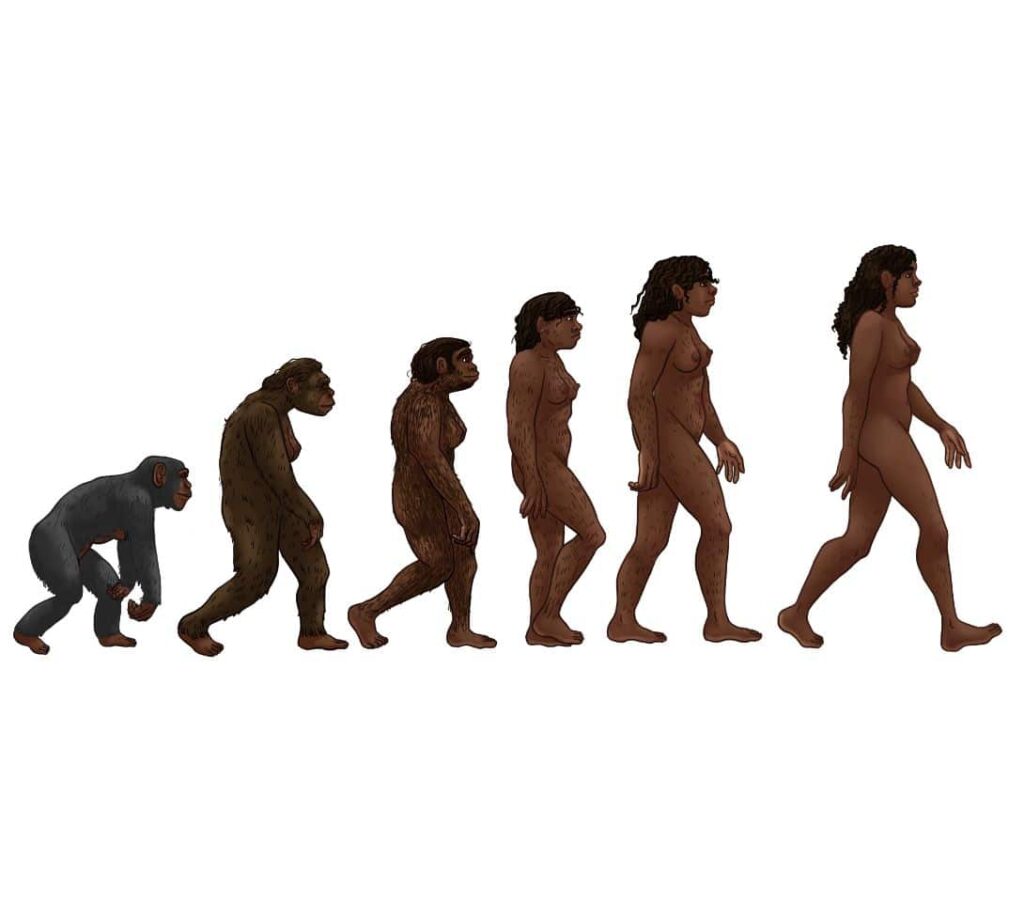
Human evolution is entering a transformative phase, with culture now playing a more significant role than genetics in shaping how people live, adapt, and survive. This assertion comes from researchers at the University of Maine, who highlight the increasing influence of cultural systems over biological factors in human development.
Published in the journal BioScience, the study details how human evolution, culture, and genetics are interacting in unprecedented ways. Lead authors Timothy M. Waring, an associate professor of economics and sustainability, and Zachary T. Wood, a researcher in ecology and environmental sciences, argue that this shift has been underway for generations and is accelerating in the modern world.
Waring explains that the adoption of tools, technologies, or social systems enables the transmission of practical knowledge that aids community adaptation. He notes that culture tends to solve problems at a faster rate than genetic changes, making it a powerful engine for adaptation and increasingly defining human progress.
Cultural Tools Replace Natural Selection
The researchers highlight examples such as vision correction and fertility treatments—solutions that allow individuals to thrive regardless of genetic predispositions. Eyeglasses, surgical procedures, and assisted reproduction bypass what natural selection once governed. As a result, people are increasingly reliant on shared systems like healthcare, sanitation infrastructure, and education rather than their inherited biology.
Wood emphasizes that cultural evolution should not be mistaken for moral progress. He cautions that, like biological evolution, cultural evolution can produce both beneficial and harmful outcomes. Understanding this shift, the researchers believe, may help society steer towards more equitable solutions and away from destructive paths.
“Culture, unlike genetics, can solve problems at a faster rate, making it a powerful engine for adaptation,” said Timothy M. Waring.
Historical and Scientific Context
The study uses historical and scientific evidence to illustrate how group-level adaptation through culture has shaped human development—from the spread of agriculture to the rise of modern states. Today, improvements in life expectancy, health, and stability are largely attributed to collective cultural systems rather than individual intelligence or genetic enhancement.
This development reflects a deeper shift in human individuality. By drawing comparisons to major biological transitions, such as the evolution of multicellular organisms or insect colonies, the researchers suggest that humanity may be moving towards a more group-oriented form of existence. In this model, individuals function as part of a larger social organism, evolving together through shared knowledge and systems.
“The future of humanity may rest not in DNA, but in the strength and adaptability of our shared institutions,” the study suggests.
A Shift Toward Group-Based Evolution
The research team is developing models to track the pace of this cultural shift and plans to launch a long-term data project. They argue that if cultural inheritance continues to lead, the future of humanity may depend on the robustness and adaptability of our shared institutions.
This announcement comes at a time when global challenges such as climate change, pandemics, and technological disruptions demand collective solutions. The findings underscore the importance of fostering resilient cultural systems that can adapt to rapidly changing environments.
As society navigates these complex challenges, the insights from this study could prove crucial in guiding future policies and innovations. By understanding the dynamics of cultural evolution, humanity may better harness its potential to create a sustainable and equitable future for all.






